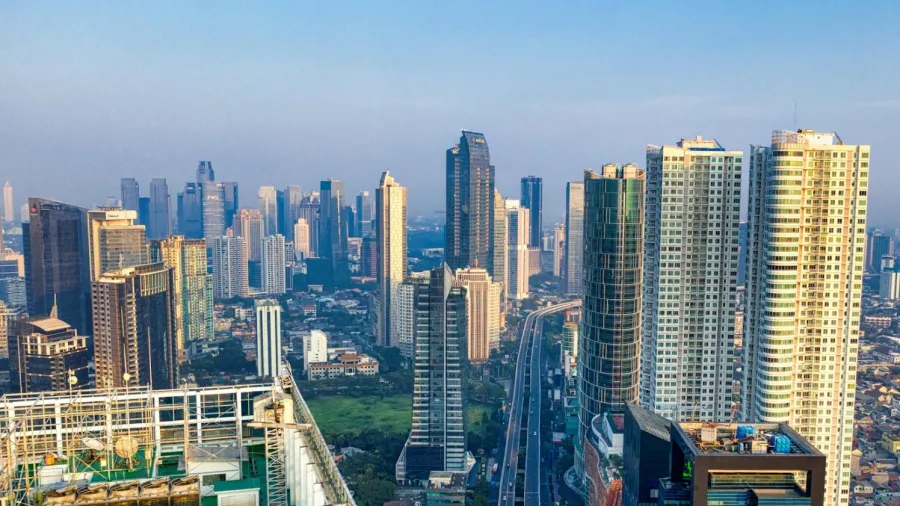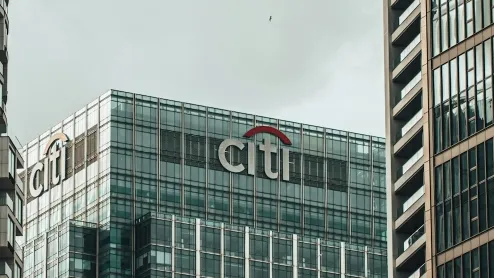
Bank Tabungan Negara’s asset quality ‘stable’ amidst loan clean-up efforts
Costs are expected to rise and liquidity to fall over the next year.
Bank Tabungan Negara (BTN) is expected to maintain its strong capitalization and a stable asset quality amidst ongoing efforts to clean up its problem loans.
The Indonesian bank’s problem loans ratio is expected to remain elevated at around 6% through 2025— the highest level amongst Indonesian commercial banks rated by Moody’s Ratings.
Net credit costs are expected to rise to around 1.1% over the next 12-18 months, from just 0.3% in the first six months of 2024.
Meanwhile, BTN’s shift to higher-yielding housing-related loans is unlikely to pose further challenges to its asset quality. These segments together account for less than 5% of loans as of June 2024 and were largely extended to existing clients.
Profitability is expected to remain stable at around 0.7% to 0.8% over the next 12-18 months, driven by wider net interest margins (NIM) from the alleviation of funding cost pressure amid policy rate cuts, Moody’s said.
However, the mild upside to BTN's NIM will be offset by an increase in provisioning and operating expenses, the ratings agency said.
“The magnitude of the bank's NIM upside in 2025-26 will depend on its ability to further reduce its funding costs as well as its successful implementation of strategic initiatives by the bank and new government support schemes, which will underpin its lending yields,” Moody’s wrote in its latest ratings report of BTN, where it affirmed the bank’s Baa2/P-2 long-term and short-term foreign currency and local currency deposit ratings, as well as gave the bank a “stable” outlook.
BTN's capitalization, as measured by tangible common equity as a percentage of risk-weighted assets, will remain at around 14%-16% as internal capital generation keeps pace with its expected increase in loan growth.
The bank's liquidity will decrease over the next 12-18 months on the back of higher loan growth, but will remain adequate, Moody’s said.



















 Advertise
Advertise











